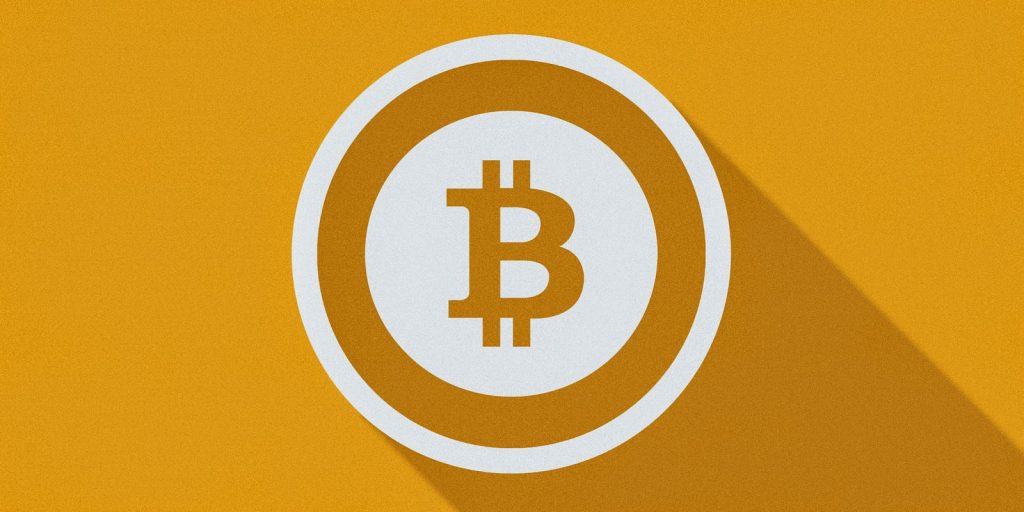
One auction bidder claimed all 30,000 Silk Road Bitcoins
undisclosed bidder claimed all of the roughly 30,000 bitcoins seized
from online black market Silk Road and sold in its recent auction.
blocks, according to the USMS. Further, the bitcoins have already been
transferred to the winner, according to Blockchain.
whether they had secured any of the blocks on 30th June. The auction
took place on Friday, 27th June over a 12-hour span.
“The US Marshals Bitcoin auction resulted in one winning
bidder. The transfer of the bitcoins to the winner was completed today.”
Results trickle in
from the USMS on 30th June, when the agency said that 45 registered
bidders took part in the process. At the time, the federal agency didn’t
have a clear number on the final amount of winning bids.
auction date and procedural details last month. At the time, the
federal agency outlined how participants could express interest in the
roughly $18 million worth of bitcoin.
including SecondMarket founder and CEO Barry Silbert, have outlined
their participation in the auction. Silbert later announced via Twitter
that his auction syndicate, which consisted of 42 bidders for a total of
186 bids, was outbid on every bitcoin block.
by the USMS. Other bidders included Pantera Capital and Bitcoin Shop,
both of which have confirmed that they did not enter the winning bid.
Open your free digital wallet here to store your cryptocurrencies in a safe place.
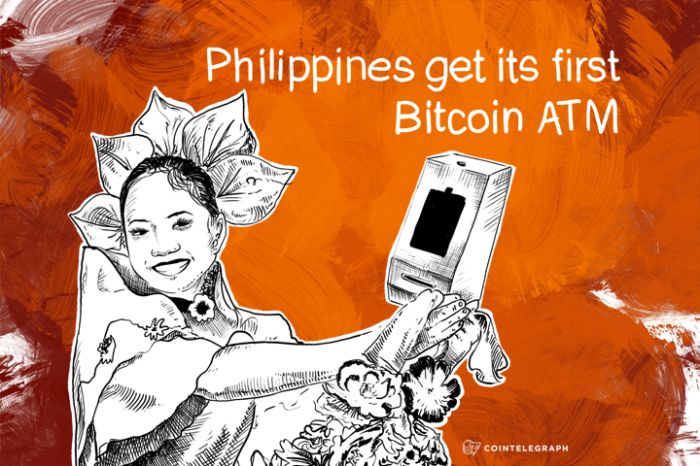
Philippines get its first Bitcoin ATM

(CoinTelegraph) The Philippines welcomes its first Bitcoin ATM. Brought by Satoshi Citadel Industries and Bitmarket.ph,
the machine will be ordered from Skyhook and will cost $US 999. ATMs
are no longer exciting news, yet this one is a lot smaller in size and
it will speak to the success of Bitcoins on a global scale. The ATM will
appeal to a wealth of people and cultures with money to trade and
transactions to process.
A better understanding of Project Skyhook
What is Skyhook? Skyhook is an open-source Bitcoin ATM.
Selling Bitcoins was once difficult, and many people were tired of
depending on exchanges and centralized banks to buy Bitcoins. Skyhook
changed everything. The company developed a tiny and secure machine
everyone can use to exchange Bitcoins.
It comes with a hefty security mounting plate and a password-on-boot
options. It someone steals it, you have nothing to worry as your
Bitcoins will be safe. The ATM accepts Australian, US, and Canadian
dollars, as well as Argentinean Pesos, Yuan, Euros, and numerous other
currencies.
Easy to set up, Skyhook comes with a detailed guide you should use to
get started. Buyers will require a Wi-Fi or wired internet connection, a
power cable, and Bitcoins to sell. The touch-screen graphical interface
of Skyhook will ease your job to buy Bitcoins and make use of the QR code for wallet address recognition.
Skyhook sets Bitcoin prices automatically using major exchanges.
Afterwards, it adds a minimum price protection so that you can get paid
for using Bitcoins. The ATM machine is excellent for vendors,
storefronts, bars, meet-ups, and merchants. Set your rate and start
trading.
Bitcoin, a global phenomenon now available in compact size in the Philippines
Unlike the other two popular Bitcoin machines, Lamassu and Robocoin,
Skyhook is a lot smaller, and of course, less expensive. Owned by a
Filipino company known as Bitmarket.ph, locals will finally be able to
trade Bitcoins with Philippine pesos and not have to worry about
exchange rates. To use Bitmarket.ph all you have to do is activate and
access your account. Next, type your transaction’s details (details of
the buyer and item for sale). Enter your selling price and exchange it
in Bitcoins immediately.
Generate a QR code and use the code to share it with clients.
Bitmarket additionally offers cash settlements where you can convert
Bitcoins into Philippine pesos daily. Bitcoins provide fast, real time
transactions to customers. Trading Bitcoins keeps people away from
chargebacks, bank fees, and commissions. Unlike other forms of exchange,
Bitcoins provide transparency where you can track each one of your
transactions in real time. Vendors accepting Bitcoins are essentially
adding value to their business by gaining a competitive advantage as a
first adopter and cutting costs.
Now that the Philippines is finally welcoming its first Bitcoin ATM,
people will “dispense Bitcoins for Pesos on the spot in a matter of
seconds at competitive and fair rates.”
Open your free digital wallet here to store your cryptocurrencies in a safe place.
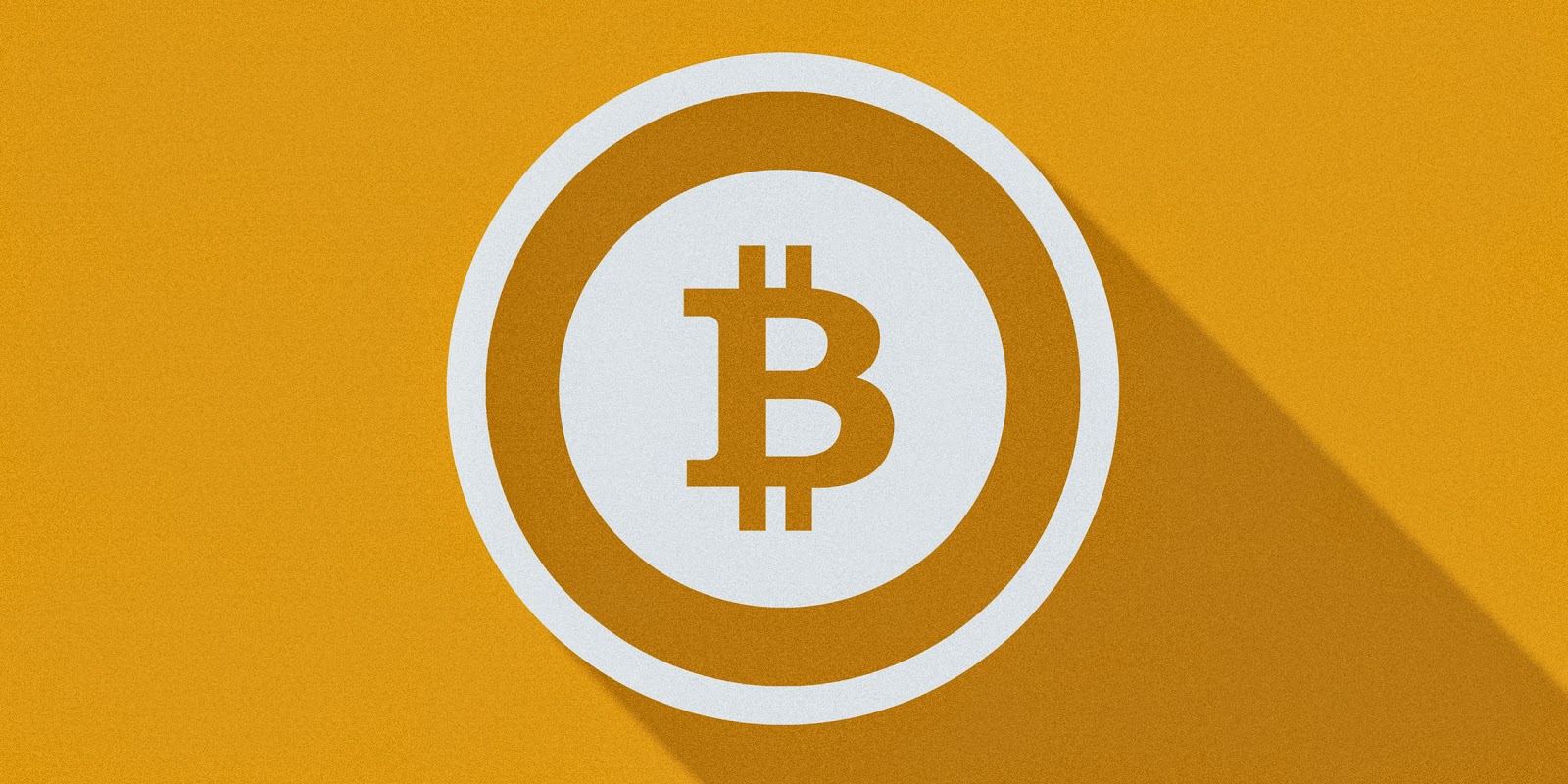
Imagine a Bitcoin Valley…!
- Build a big, beautiful, fully equipped technology park;
- Mix in R&D labs and university centers;
- Provide incentives to attract scientists, firms and users;
- Interconnect the industry through consortia and specialized suppliers;
- Protect intellectual property and tech transfer; and,
- Establish a favorable business environment and regulations.
Except … this approach to innovation clusters hasn’t really worked. Some have even dismissed
these government-driven efforts as “modern-day snake oil.” Yet
policymakers are always searching for the next Silicon Valley because of
the critical link between tech innovation, economic growth and social
opportunity.
Previous efforts at such clusters failed
for a variety of reasons, but one big reason is that government efforts
alone simply don’t draw people. That’s why a recent crop of experiments
has focused more on building entrepreneurial communities, urban hubs and districts, and hackerspaces. Still, we’re “splitting the logic” on how to create an innovation ecosystem, according to MIT expert Fiona Murray in Technology Review:
We’re either going top-down by focusing primarily on
infrastructure—plunking down an office park next to a university—or
bottom-up by focusing on just the networks. None of these efforts
successfully pursue both paths at once, with government, academia and
entrepreneurial communities proceeding together in lockstep—as was the
case in the development of Silicon Valley.
Valley. Instead, they should be figuring out what domain is (or could
be) specific to their region—and then removing the regulatory hurdles
for that particular domain. Because we don’t want 50 Silicon Valleys; we
want 50 different variations of Silicon Valley, all unique from each other and all focusing on different domains.
Imagine a Bitcoin Valley, for instance, where some country fully
legalizes cryptocurrencies for all financial functions. Or a Drone
Valley, where a particular region removes all legal barriers to flying
unmanned aerial vehicles locally. A Driverless Car Valley in a city that
allows experimentation with different autonomous car designs,
redesigned roadways and safety laws. A Stem Cell Valley. And so on.
a key difference from the if-you-build-it-they-will-come argument of
yore. Here, the focus is more on driving regulatory competition between
city, state and national governments. There are many new categories of
innovation out there and entrepreneurs eager to go after opportunities
within each of them. Rethinking the regulatory barriers in specific
industries would better draw the startups, researchers and divisions of
big companies that want to innovate in the vanguard of a particular
domain—while also exploring and addressing many of the difficult
regulatory issues along the way.
previous innovation-cluster efforts where governments contrived to do
something unnatural, this proposal flows from what governments naturally
do best: create, or rather, relax laws.
advantage of this approach is that it’s a way for clusters to
differentiate from each other and successfully compete for resources.
Think of it as a sort of “global arbitrage” around permissionless innovation—the
freedom to create new technologies without having to ask the powers
that be for their blessing. Entrepreneurs can take advantage of the
difference between opportunities in different regions, where innovation
in a particular domain of interest may be restricted in one region,
allowed and encouraged in another, or completely legal in still another.
For example, the laws and guidelines for using drones or taxing bitcoin already vary widely across the globe, just as they do for ride-sharing services across different cities in the United States.
the biggest advantage of the 50-different-Silicon Valleys approach
isn’t just in what it affords isolated regions or entrepreneurs—it’s in
accelerating innovation everywhere. Removing regulations across
different regions allows multiple innovation categories to advance
together at once, in parallel, without being bottlenecked by time or
place.
that advanced regions will essentially outsource or “regulate away”
their own risk at the expense of less advanced ones. To get ahead,
poorer countries may become more tempted to take on the very things
wealthier countries are fencing out of their borders. But as long as the
innovations aren’t life-threatening—and many of the restricted domains
aren’t (the restrictions are often protecting incumbent interests)—a
model like this one provides a much faster and more feasible way for
developing regions to catch up. Especially when you consider the
advantage that previous innovation clusters didn’t have: mobile.
Open your free digital wallet here to store your cryptocurrencies in a safe place.
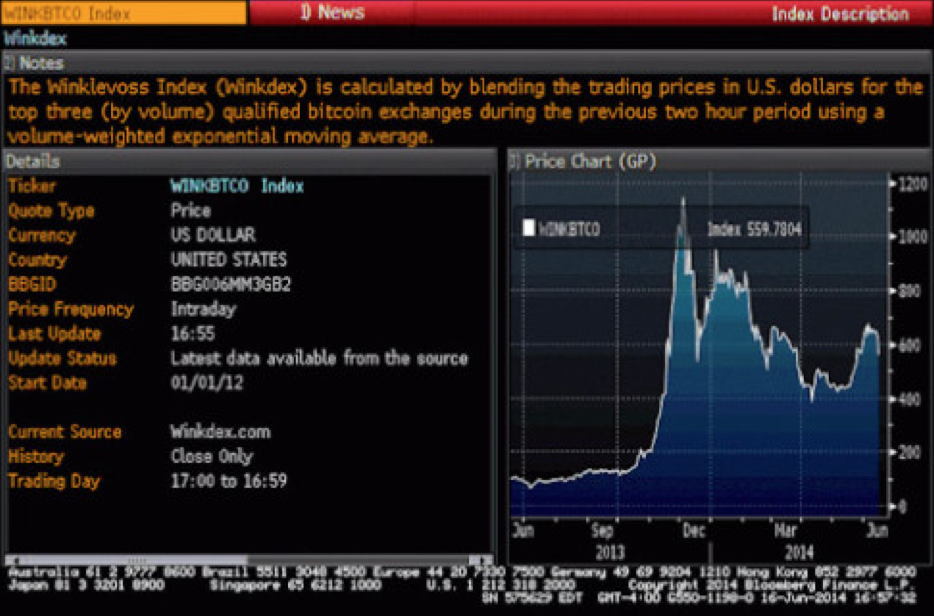
WinkDex price gets added to Bloomberg
This simple but effective bitcoin price composite is the official
price measure of the Winklevoss’ bitcoin ETF, currently awaiting
regulatory approval by the United States Securities and Exchange
Commission.
And according to a post made on the Winklevoss Capital website,
the price data is now available on Bloomberg in a move some suggest may
further legitimize the digital currency in the eyes of traditional
financiers.
“We are honored to be working with Bloomberg to bring a blended
bitcoin price index to their wide-reaching investor community,” the post
read, adding that some new features (of which include an API) will be
unveiled in the weeks upcoming.
According to the announcement, the ticker for the WinkDex is very apt: WINKBTCO.
The Bloomberg terminal is a professional service used by financial
professionals. Each license to the service costs upwards of $20,000 per year.
For more information on the WinkDex, visit their official website.
Open your free digital wallet here to store your cryptocurrencies in a safe place.

Bitcoin will surpass PayPal in US Dollar transactions, according to BVI Hedge Fund
Open your free digital wallet here to store your cryptocurrencies in a safe place.
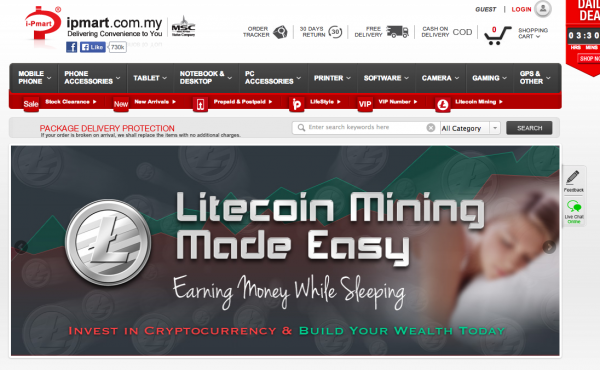
Malaysian retail giant i-Pmart will hold 100% of its Bitcoin Payments

Malaysian online mobile phone and electronic parts retailer i-Pmart
adding it to the list of accepted payment methods last week.
and founder Mart Tang also said the company will hold onto the bitcoins
it earns and watch the price rise, rather than convert them into local
fiat currency.
worldwide from outlets in its home country, plus China and the US. The
bitcoin option was introduced first to the Malaysian site only, though
international customers may still use that version.
Low-key launch
decision is the lack of fanfare with which bitcoin was added to the
list of options. Rather than publicizing it, or even celebrating the
announcement with its 730,000+ fans
on Facebook, the company added the bare-bones line “We accept bitcoin”
and an icon into its long list of existing payment options.
is also a big seller of litecoin mining equipment, selling GPU-based
rigs both to advanced users to self-assemble with the ‘Savvy Pack’, and a ‘Newbie Pack’ for beginners that includes the option to have i-Pmart assemble, host and even operate the hardware for them.
Bitcoin fan
Tang said his interest in bitcoin came from being an IT entrepreneur
always searching the Internet for the latest tech information and
gadgets.
and other digital currencies, he began hearing about merchants in other
countries accepting bitcoin and studied how to become a digital
currency miner himself.
“That’s
how I have started to think if I have customers who want to use bitcoin
to purchase my products online which gives convenience of various types
of payment choice especially those who do not prefer to pay using their
credit card, cash or other mode of payment.”
sat down with his web development team to discuss how to integrate
bitcoin as a mode of payment in the business portal www.ipmart.com
globally.
“[I’m] looking forward to the new world of
virtual payment choice, which I believe can be the future of global
virtual currency that people might embrace, especially the Gen Y.”
“I
am holding the bitcoin. Because having a very big confidence the price
of bitcoin is not the rates of today USD 650, should be higher than this
price very soon.”
Company background
group now consists of domestic and internationally-focused retail
sites, plus arms specializing in management, development, and logistics.
Open your free digital wallet here to store your cryptocurrencies in a safe place.
